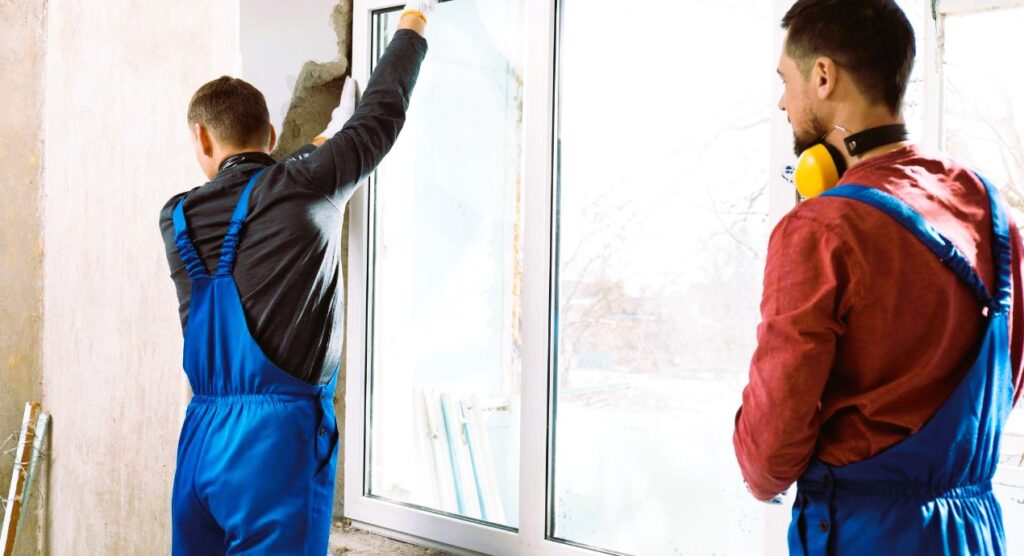
The Role of Windows in Canadian Home Insulation: Why it Matters
When it comes to home insulation in Canada, windows play a crucial role in maintaining indoor comfort, energy efficiency, and overall sustainability. Properly insulated windows can significantly impact a home’s thermal performance, reducing heat loss during the frigid Canadian winters and minimizing heat gain in the hot summer months. In this article, we will explore the importance of windows in Canadian home insulation and why it matters for homeowners across the country.
Thermal Performance and Energy Efficiency
Windows are a primary source of heat transfer in homes. In Canada’s cold climate, it is vital to minimize heat loss through windows to maintain indoor comfort and reduce energy consumption. Energy-efficient windows with proper insulation can significantly improve a home’s thermal performance. Double or triple glazing, low-emissivity (Low-E) coatings, and insulating gas fills are some of the features found in energy-efficient windows. These technologies help to create a barrier against heat loss and reduce the transfer of cold air into the home. By minimizing heat loss and heat gain, insulated windows contribute to energy efficiency, reducing the need for excessive heating or cooling and lowering energy bills. Window Modernization and ROI, in an article about smart financial choices.

Condensation Control and Indoor Air Quality
In colder regions of Canada, condensation on windows can be a common problem. Condensation occurs when warm indoor air meets a cold surface, such as a poorly insulated window. Excessive condensation can lead to moisture buildup, which can contribute to mold growth and compromise indoor air quality. Insulated windows with proper sealing and thermal performance help minimize condensation by maintaining a warmer interior surface temperature. This reduces the likelihood of moisture buildup and helps ensure a healthier indoor environment for occupants.
Comfort and Temperature Regulation
Well-insulated windows contribute to consistent indoor temperatures, creating a more comfortable living environment. By reducing drafts and heat transfer, insulated windows help maintain a more stable indoor temperature throughout the year. This prevents cold spots near windows during the winter and minimizes the impact of external heat on indoor temperatures during the summer. Consistent temperatures enhance overall comfort and reduce the reliance on heating and cooling systems, further contributing to energy efficiency and cost savings.
Noise Reduction
In addition to thermal insulation, windows also play a role in sound insulation. For homeowners in urban areas or near busy streets, noise pollution can be a significant concern. Insulated windows with soundproofing features can help minimize external noise, creating a quieter and more peaceful indoor environment. The insulation properties of the windows reduce the transmission of sound waves, allowing homeowners to enjoy a more serene living space.
Sustainability and Environmental Impact

Properly insulated windows contribute to sustainability efforts by reducing energy consumption and lowering greenhouse gas emissions. Energy-efficient windows help homeowners decrease their carbon footprint by reducing the need for fossil fuel-based heating and cooling systems. By investing in well-insulated windows, homeowners can actively participate in sustainable practices and contribute to a greener future.
For more information about window standards and regulations in Canada, you can visit the Wikipedia page on windows at Wikipedia.org for a comprehensive overview of window types, materials, and functionalities.
Windows play a critical role in Canadian home insulation, impacting energy efficiency, indoor comfort, and sustainability. By investing in properly insulated windows, homeowners can enjoy consistent indoor temperatures, reduced energy consumption, improved indoor air quality, and enhanced noise reduction. The long-term benefits of well-insulated windows extend beyond comfort and cost savings, contributing to a more sustainable and environmentally friendly living environment.


